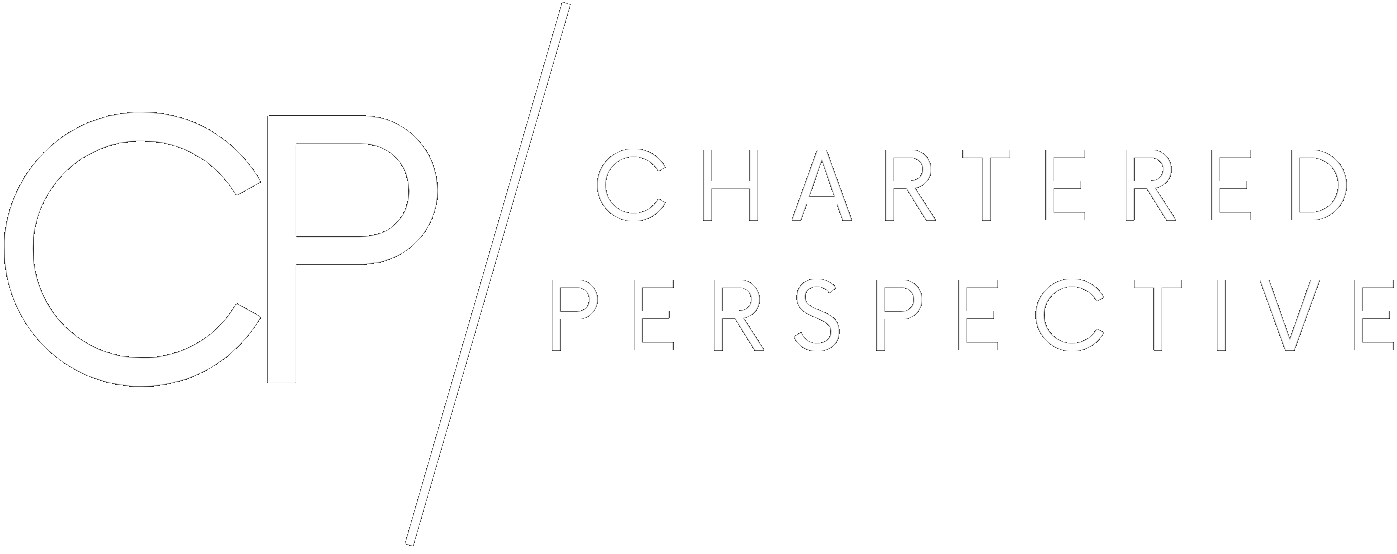CFA: Should You Pursue it in Toronto?
Whether you are a Torontonian who has not yet begun the CFA (Chartered Financial Analyst) journey or are an existing CFA candidate part way through, you may be wondering whether you should continue pursuing the CFA charter. This article aims to help students and young professionals make a decision in regards to this journey.
CFA Program Structure and Topics
Unlike some professional designation programs, the CFAI (CFA Institute) has designed a very straightforward program based almost entirely on exam-taking. There are no modules, workshops, or quizzes along the way that candidates must complete. Instead, candidates simply complete a series of three exams, each of which covers a certain set of topics.
In deciding whether one should pursue the CFA, it would be wise to understand the subject areas covered, as it does not make sense to pursue the designation if you are not excited about at least some of the material. The CFA program covers a wide range of topics across three levels, but the main areas can be condensed as follows (in no particular order):
Quantitative Methods/Statistics
Economics
Financial Reporting and Analysis
Corporate Finance
Equity Investments
Fixed Income
Derivatives
Alternative Investments
Portfolio Management and Wealth Planning
Risk Management
Note that in addition to passing the three exams, CFA candidates must also submit roughly 3 years of qualifying work experience. This work experience must be related to the invesment decision-making process in some capacity.
CFA When You’re Not Sure About Your Career Path Yet
Did some of the subject areas above sound interesting and some not? Maybe multiple sounded intriguing but you haven’t really decided which area you’d like to pursue because you don’t have experience yet.
The broad curriculum, while disadvantageous in terms of forcing candidates to study a lot, is advantageous for those who are not yet sure which career path they intend to pursue. The beauty of the program is that as your progress through the subject areas you will receive very broad exposure to topics and careers across the entirety of the finance industry, and this may very well help you identify what type of work is out there and what you enjoy spending time on the most. I personally entered the CFA program with this mindset and was pleasantly surprised by the eye-opening journey that took place.
Toronto: The CFA Capital of the World
Another advantage and simultaneous disadvantage of the CFA designation in Toronto specifically is that this city has the highest number of CFA charterholders per capita on the planet. For example, the CFA Society of Toronto boasts over 10,000 members whereas the CFA Society of New York, a much larger market, boasts roughly the same number of members. For further context, the Greater Toronto Area (GTA) has a population of just over 6 million while the New York Metropolitan Area (or Tri-State Area) has just under 20 million. What this implies is that CFA charterholders are ~3x as common in Toronto than in New York, a global financial hub.
This same pattern holds true across the countries as a whole as per 2022 statistics there were just under 20,000 CFA exam takers in Canada compared to just under 40,000 in the United States. Given that Canada’s population is roughly 1/10th that of the United States, CFA charterholders are ~4-5x as common in Canada compared to south of the border.
Advantage: The CFA is a well-known and easily recognized designation with charterholders spread across every industry imaginable, meaning that your credential will be weighed with the value it deserves.
Disadvantage: The CFA is relatively common, meaning that having it doesn’t necessarily make you stand out.
How Much do CFA Charterholders earn in Toronto?
At a high level, the median annual earnings of a CFA charterholder in Toronto are $153K while the mean is $226K. Generally, the median is a more realistic estimate as the mean can be influenced by outliers. This does not mean however that most CFA charterholders will be limited to an annual salary or earnings of $153K.
For an in-depth breakdown of CFA charterholder earnings in Toronto please read the article: CFA Earnings in Toronto in 2023.
How Hard is it to Become a CFA Charterholder in Canada?
As someone who obtained the CFA designation, I can shed some light on my personal experience with the program as I religiously kept track of my study time. The CFA exam has a well-known rule of thumb that candidates should expect to study 300 hours per level, however this depends on the educational background and work experience that they already have. Please refer to my article: CFA Study Time for a breakdown by level.





